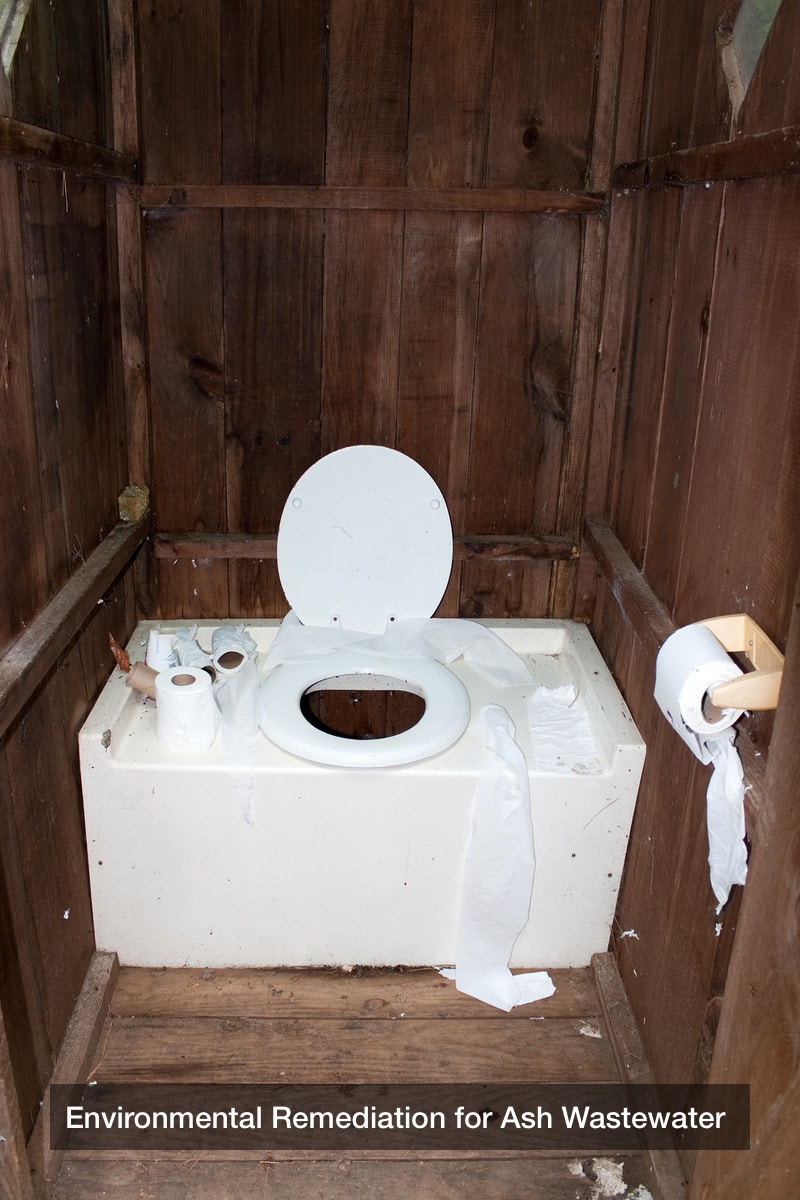
There are many ways of being a good environmentalist. Part of being a good environmentalist is to ensure that no trash stays lying around. This is why cities and counties have a garbage hauling service under contract to keep the area cleaner. While many municipalities strive to find a cheap garbage service, getting cheap trash disposal isn’t always the best choice for this job. It’s more important to make sure that the company is trustworthy and that they do a good job of collecting the garbage. Cities that don’t have good area trash pickup may develop an odor as well as a major pest problem.
No matter where a home or business is located, there should be a trash remediation service that serves them. Sometimes, county garbage service doesn’t have frequent pickups, but they are still able to perform their pickups on a regular schedule. It may be that a home or business has to go a long time between pickups and this makes it necessary to save up the garbage for a while. As long as these trash bags aren’t attracting wildlife, it is ok for them to wait until they can be properly picked up. Never dump your garbage rather than saving it until it’s time for a pickup.
Another major environmental concern is when coal ash gets into water supplies.
There are many harmful contaminants contained in coal ash. These elements can make it dangerous for humans and wildlife to drink the water. When the water is used to grow crops it can contaminate the fruits and vegetables and make them dangerous to eat. The same is true for consuming fish and wildlife that has consumed the water or vegetation that received water from contaminated ash wastewater.
Types of Contaminants in Ash Wastewater
Coal is filled with small quantities of elements such as arsenic, selenium, lead, mercury, thallium, and born as well as heavy metals. When coal is burned these various heavy metals and elements do not evaporate in the fire. Rather, they are left with the ash residue after the coal has burned.
Ash can be reintroduced into the environment in several different ways. It can be deposited into a surface landfill where it then leaches into the groundwater directly or enters waterways through runoff when it rains. Other times, the ash can find its way into streams and lakes as it exists smoke stacks in tiny particles.
Implications for Human Health

Cancer is one of the most significant health concerns for those who are exposed to ash wastewater. Several of the contaminants found in coal ash wastewater are considered carcinogenic such as arsenic, cadmium, and nickel. When water is contaminated with arsenic and used as drinking water it is associated with a risk of more than 60,000 times that which is considered acceptable.
Lead, selenium, and mercury can cause a host of other illnesses. Selenium has been linked to deformities in fish populations. Health issues such as numbness in extremities, bronchitis, and various skin reactions in humans who are exposed to the water or who eat the fish have also been noted. Lead can cause birth defects and impair the nervous system and is especially harmful to children.
Implications for the Environment and Wildlife
There are several implications of coal ash water as it relates to the environment in general and the wildlife. The components of the ash are absorbed by the vegetation which is in turn consumed by the small invertebrates that make up the basis of the food chain. The levels become increasingly concentrated posing an ever greater risk.
Groundwater provides more than 95% of the United States? available fresh water. It is the drinking water supply for more than half of the nation?s citizens. Ensuring people have access to clean water that has not been contaminated by coal ash is essential for the health and well-being of humanity and the environment as a whole. An experienced environmental contractor can help remove groundwater contamination with carefully selected water treatment technologies.
Read more articles like this. Get more on this here.
